Affiliate links on Android Authority may earn us a commission. Learn more.
I love TV shows but I no longer watch them as they air; do you?
Published onJune 4, 2022
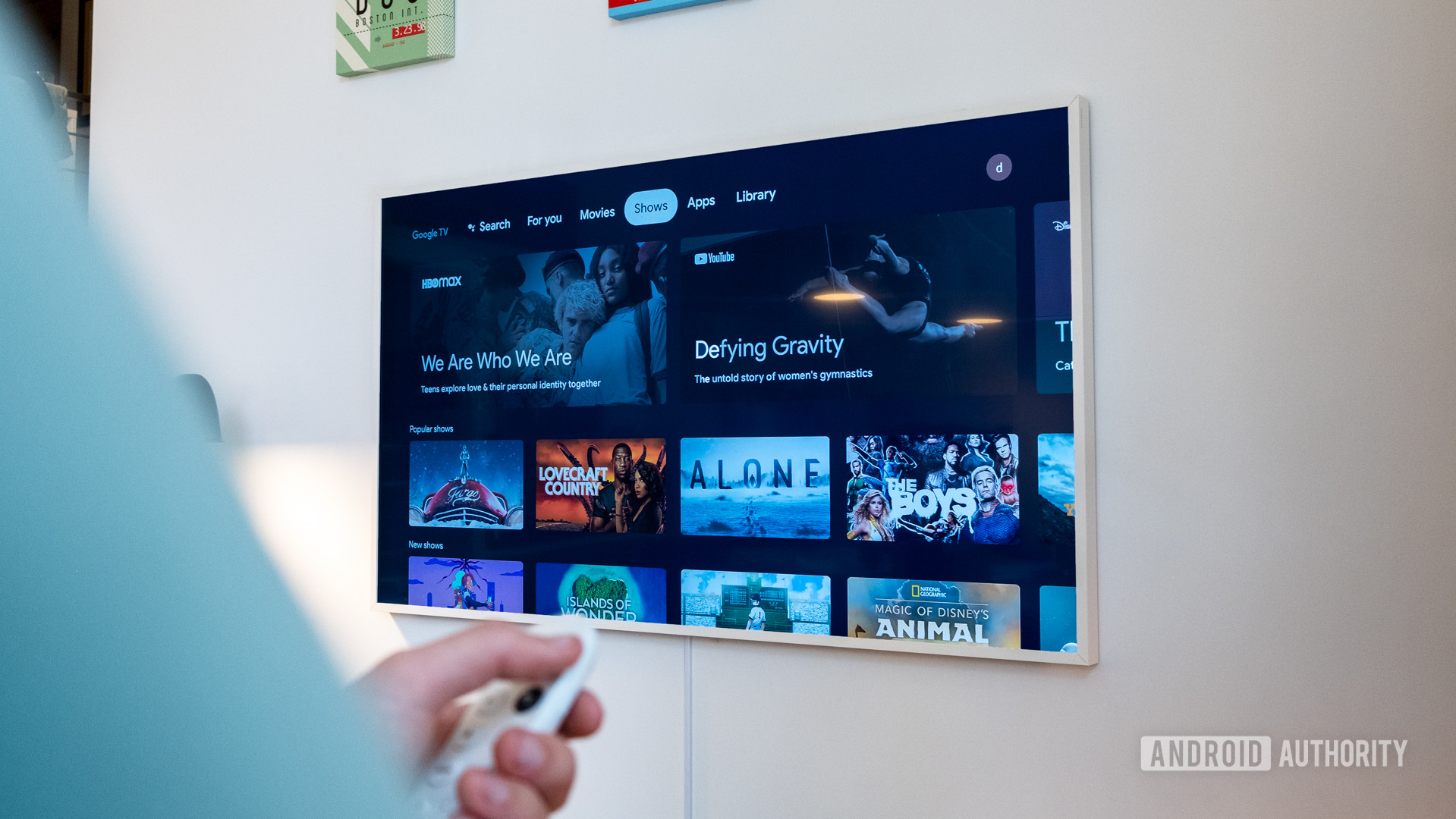
There was a time, around the early ’10s when I was obsessed with TV series. I followed the news of every show, read reviews and leaks and predictions, and knew which pilots were approved and which ongoing shows were canceled the moment they were announced. I was also following a lot of comedies, procedurals, and dramas every week. New episodes, which spanned many months per season, were part of my weekly routine. No more.
Of course, things have changed in my personal life. I’m older, I’m married now, and I have a full-time job with little dead time during the day to sit in front of a TV and catch up on what I missed the previous evening. But these aren’t the only — not even the main — reasons why I’ve stopped following TV shows as they air.
Our recommendations: The best original streaming shows on every service
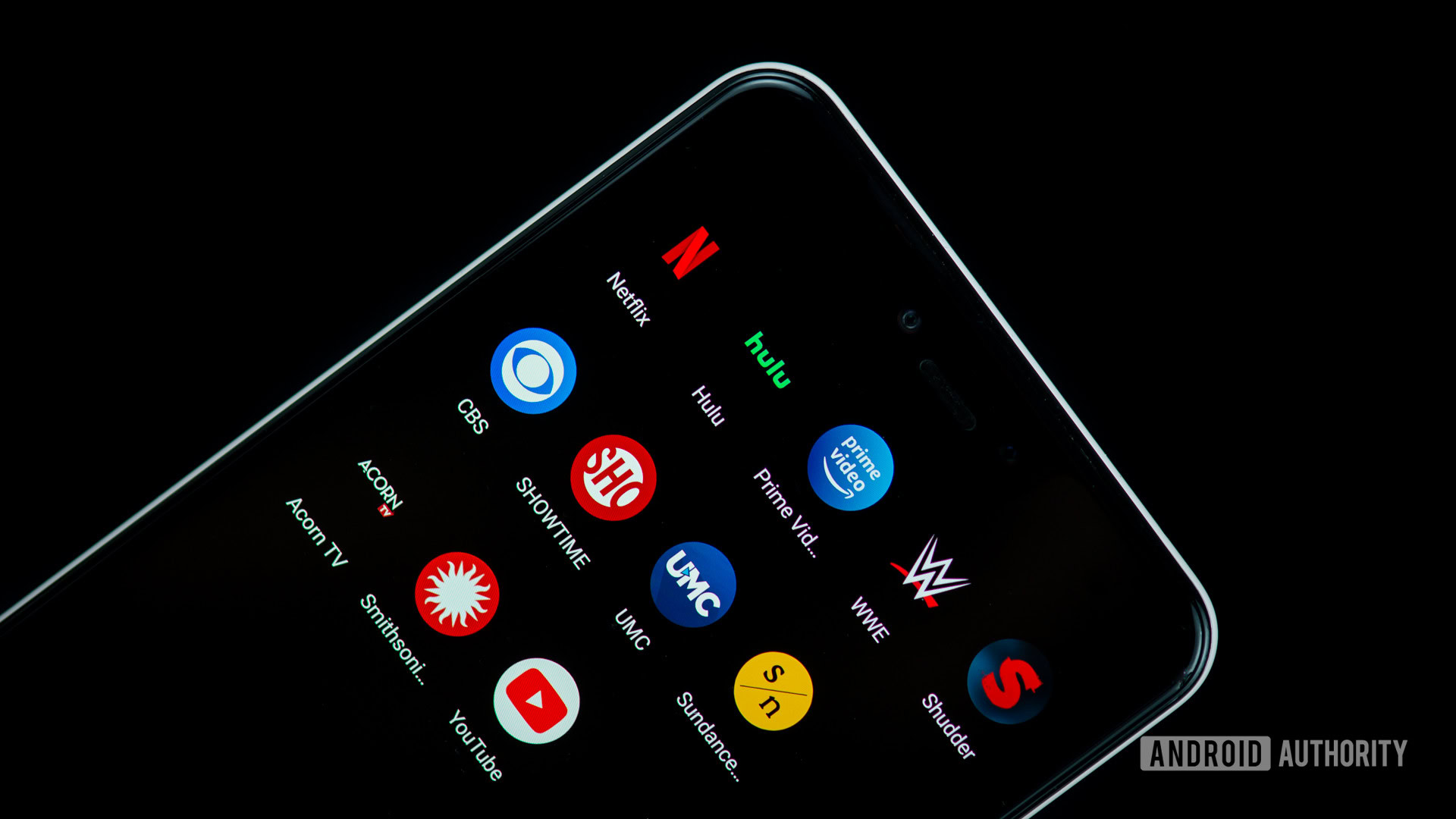
The industry-wide switch from cable TV to streaming was the first sign that I couldn’t possibly keep on indulging the same way I used to. In the span of a couple of years, we went from a few major networks to dozens and dozens of streaming services, all with their own shows and style. Streaming fatigue is real and it’s not just about deciding what to watch now or next, but also about keeping up with a steady stream (heh) of trailers, teasers, news, and developments on multiple platforms.
When something that's supposed to be entertaining and fun becomes too much of a hassle, you simplify it.
It was just too much, and when something that’s supposed to be entertaining and fun becomes too much of a hassle, you simplify it. As some of the shows I was watching started to wind down, I didn’t look for replacements. I let my “must-watch as it airs” list dwindle from over 15 or 20 shows to, well, none. And it felt freeing.
Read more: Streaming services are a mess, but JustWatch keeps me sane
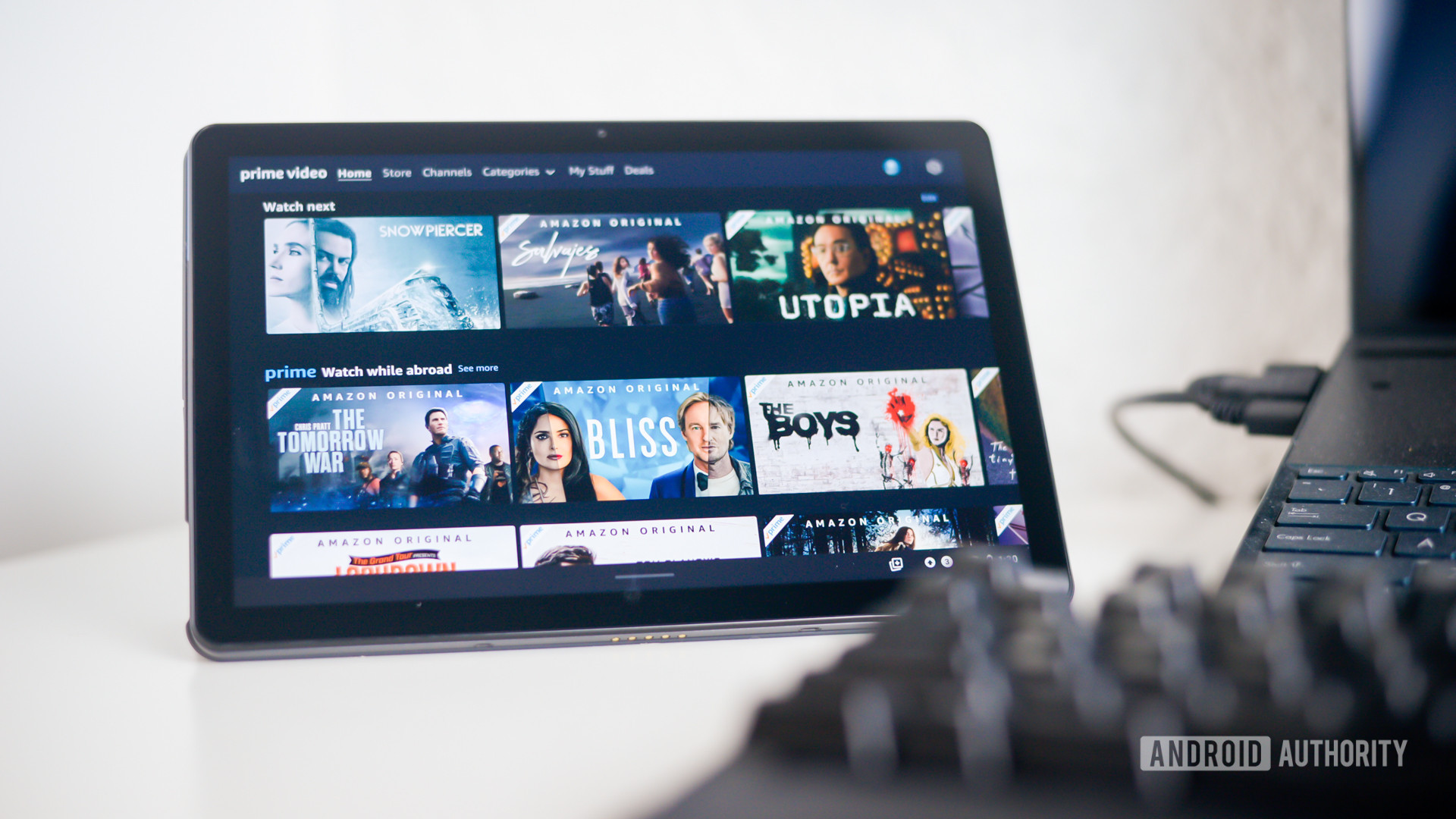
Beyond the logistics of staying on top of shows on streaming services, I also had to consider the financial aspect of all these subscriptions. Do I spring for Netflix or Disney Plus? How about Apple TV Plus? Or the dozens of other local and international options? Eventually, I decided that I wouldn’t pay continuously unless the service provided value beyond TV. I subscribe to Amazon Prime for the free shipping and returns, so I have Prime Video too. I also have a family YouTube Premium subscription with my husband because we hate ads and we’d like to support creators.
That leaves my wallet free to spring for a month or two of Netflix or Disney Plus when and only when I want to watch something there. I don’t have to keep an idle subscription to a service I’m only going to use every now and then.
I'm not part of the cultural conversation around TV shows, but I don't mind it one bit.
Once I built this system, the next logical step was to switch to binging shows after they end. I know — I’m a heretic. I survived I don’t know how many years without catching a single glimpse of Game Of Thrones. I still don’t know what Stranger Things or Peaky Blinders are about. And I made it unscathed through the great Squid Game obsession of 2022. I’m not part of the cultural conversation around these, but I don’t mind it at all.
Related: The best video streaming services
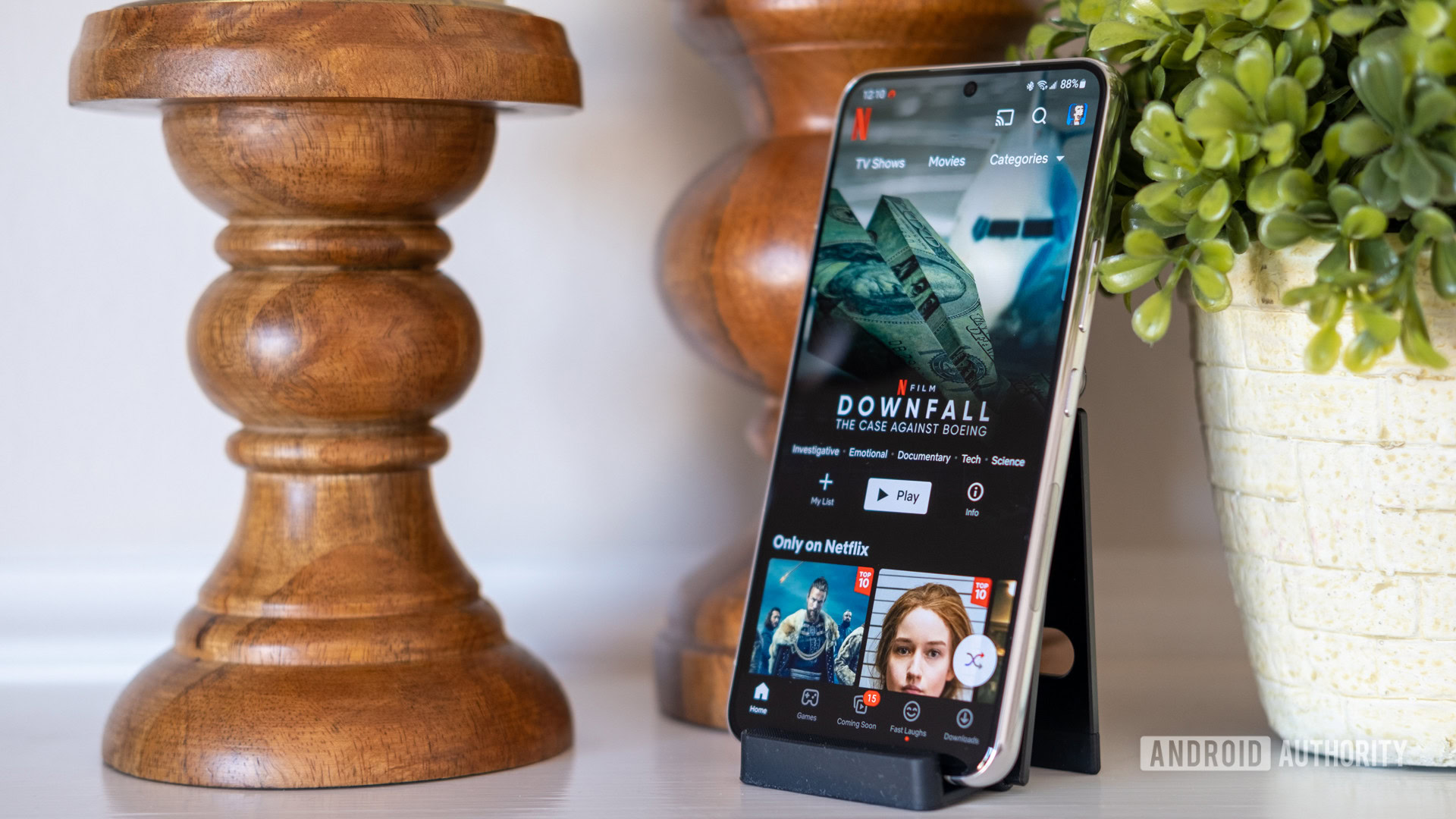
Why? Because beyond the financial savings, the benefits for me are innumerable.
For one, watching TV is no longer a chore, a must-cancel-all-plans-and-see-this-tonight assignment lest I be surprised by spoilers tomorrow. I can freely scroll through my news and Twitter feeds and observe the general sentiment around a show, but no details stick. If I see enough enthusiasm, I make a mental note. And once that show ends, I decide whether I want to binge it down the line or not, when all the spoilers and discussions have faded away from my brain.
If a show is canceled, I skip it entirely or I go into it knowing ahead of time that it won't offer a proper ending.
For two, I am no longer stressed about a potential cancelation of my favorite shows or taken aback when it happens. I have been burned enough times by that — hey, I am still not over the cancelation of Happy Endings a whole nine years ago, OK? Now, that doom and gloom sentiment is gone. If I know that a show is canceled, I skip it entirely, or I go into it knowing ahead of time that I won’t enjoy a proper ending. I’m ready beforehand to deal with an unfinished storyline, a silly cliffhanger, and all the heartbreak. Sure, it might take the suspense out of the whole act of watching series, but there’s enough suspense nowadays inside the shows to begin with, isn’t there?
The more you know: Why are streaming TV shows canceled after just one season?
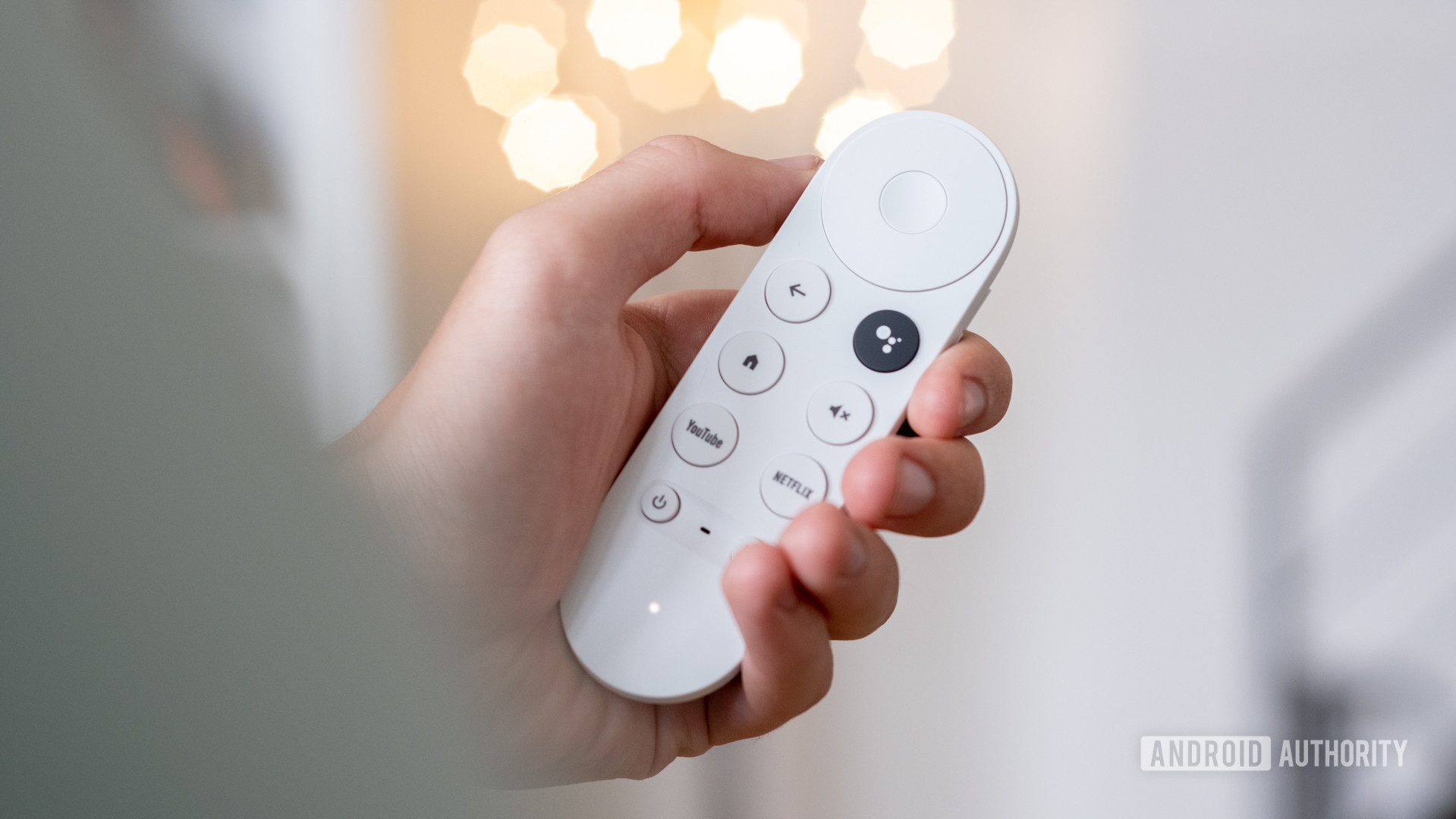
And best of all? My poor memory doesn’t have to stay on top of multiple characters across multiple shows with dozens of storylines and backgrounds. It doesn’t have to remember what happened in last week’s episode before this week’s begins, or hang on to fading narratives and scenes between one season and the next. There’s too much content to consume, too many stories to keep track of, and in an age where we easily forget what we had for lunch yesterday, I can focus my attention on one and only one world and enjoy it fully. I pick an interesting show, I immerse myself in it, and I don’t let go until the last episode. I can pick up a new episode after a long day at work without having to frequently pause and try to remember why or what or when to tie up loose ends in my head.
I feel that I have put the entertainment back in my TV-watching habit.
Plus, I’m binging on my own terms, which means that cliffhangers are moot. I can go straight to the first episode of the next season after the heart-stopping ending of the previous one. Yes, this means that I don’t get to ruminate for months on the fate of a character or a group, but it also means that I don’t forget a year later why everything had been so suspenseful. (Seriously, I’m getting older, my brain doesn’t work the same way it used to.)
How do you watch TV shows?
Overall, I feel that I have put the entertainment back in my TV-watching habit. And I have reclaimed the fun away from the hands of an engagement-and-metrics-driven industry that is fighting for every second of my attention, every penny in my wallet, and every cell in my brain.
Up next: Netflix has to choose between quality and quantity if it wants to stay on top